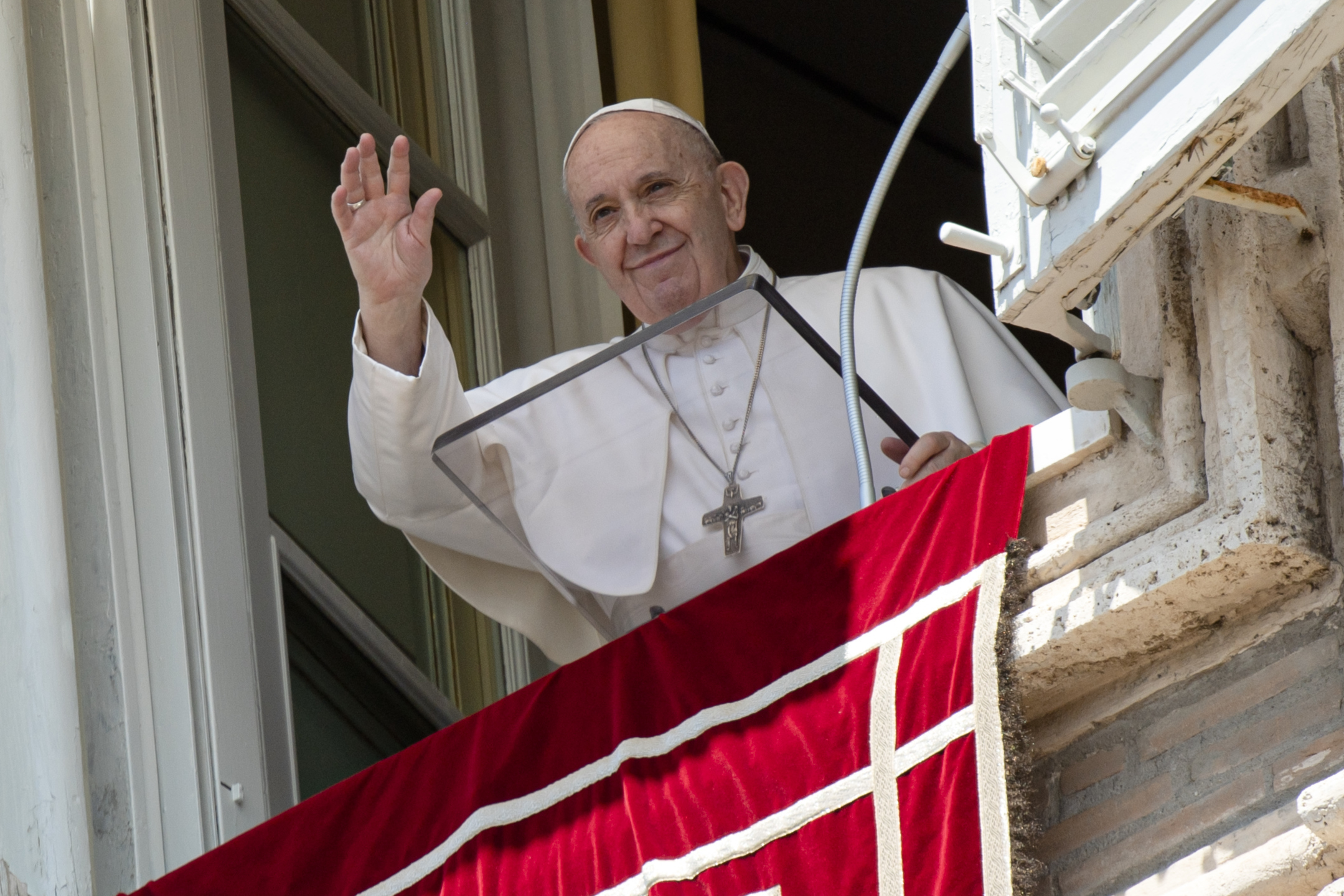Pope Francis reiterated his support for a global ceasefire in last Sunday's Angelus address.
Speaking 19 July in St. Peter’s Square, the Pope said that he renewed his support “for a global and immediate ceasefire so the necessary humanitarian assistance can be received.”
The ceasefire, endorsed by the UN Security Council on July 1 and backed by over 200 countries, proposes a global ceasefire in order to protect lives in the wake of the coronavirus pandemic. “In this time in which the pandemic continues,” the Pope added, “I want to assure all those suffering from the illness of my thoughts and prayers.”
The Pope added that he was concerned over the ongoing violence in the Caucasus region, saying that he hoped “with the dedication of the international community there may be a lasting solution for the good of those beloved peoples.” Clashes between armed forces on the border between Armenia and Azerbaijan has led to the death of at least 17 people. Both nations have accused each other of violating a preexisting ceasefire in the region.
In his Angelus address, the Pope described how, in the parable of the weeds and the wheat, Jesus taught us of God’s patience, and “opens our hearts to hope”. In the parable, Jesus describes how a field planted with wheat is also planted with weeds in the night by an enemy. The farmer’s servants ask their master if they should pull up the weeds, but he asks them instead to wait until harvest time, when the weeds will be burnt.
In his address, the Pope explains, that the master of the field is God, “who only and always sows good seed,” and his enemy is the devil, “God’s quintessential opponent” who seeks to destroy the work of God. “The devil’s intention is to hinder the work of salvation,” the Pope said, “to stonewall the kingdom of God through wicked workers, the sowers in scandal”. The wheat and the weeds refer not to general concepts but to human beings, “who can follow God or the devil.”
The Pope referred to division within families as an example of the Devil’s sowing today. He also pointed to the perspective of God in the parable as the correct way to view history. Growing in patience and love, Christians should focus on saving the wicked, rather than suppressing them. We do no grow in holiness by hunting for the wickedness of others, he added, but by cultivating the good as it patiently grows.



 Loading ...
Loading ...